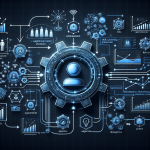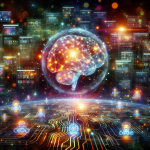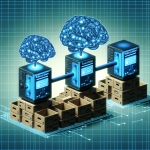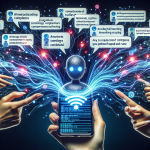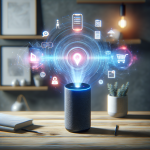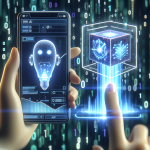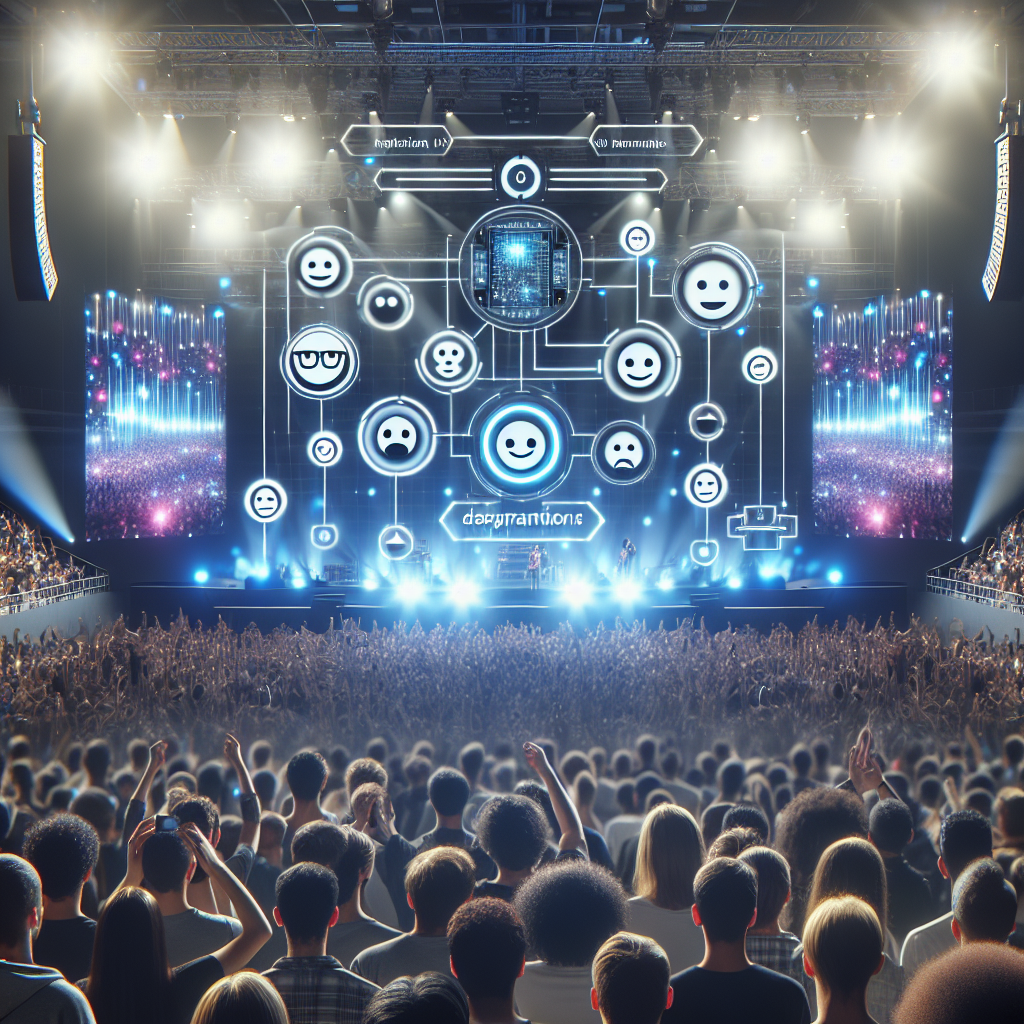Introduction: A New Era in Event Management
Event planning has transformed dramatically over the past decade, owing in large part to rapid advancements in technology. One of the most revolutionary developments is the integration of Artificial Intelligence (AI) into the event industry. From optimizing logistics and personalizing attendee experiences to driving promotional efforts, AI offers powerful tools that can significantly enhance all facets of event planning and marketing.
Streamlining Event Planning with AI
Automated Scheduling and Task Management
AI-powered tools can automate a wide range of event planning tasks. Scheduling meetings, tracking deadlines, and managing vendors can all be streamlined with intelligent software that learns user preferences and adapts over time. These platforms can generate optimal timelines, reducing human error and saving valuable planning hours.
Smart Venue Selection and Layout Design
AI can analyze previous event data, audience size, and budget constraints to suggest ideal venues. Some tools even simulate venue layouts, integrating elements like seating arrangements, stages, and lighting to ensure a seamless setup that aligns with the event’s goals and theme.
Predictive Analytics for Resource Allocation
By leveraging historical data and predictive models, planners can anticipate everything from crowd sizes to food and beverage needs. This prevents overbooking or shortages and helps maintain operational efficiency.
Personalizing the Attendee Experience
Tailored Recommendations and Experiences
AI enables deep audience segmentation and behavioral analysis, empowering organizers to create customized schedules, content tracks, and networking opportunities. Attendees can receive personalized agendas based on their interests, past behaviors, and registration data.
Chatbots and Virtual Assistants
AI-driven chatbots provide real-time assistance to attendees before, during, and after events. They can answer FAQs, offer directions, and even integrate with voice-enabled devices to deliver a seamless on-site experience.
Enhancing Event Promotion through AI
Audience Targeting and Segmentation
AI algorithms can analyze vast datasets from social media, email campaigns, and web traffic to identify the most promising demographics. This precision targeting ensures that marketing dollars are spent effectively, boosting attendance and engagement.
Content Generation and Optimization
Tools like GPT models can generate high-quality promotional content, such as blog posts, email copy, and social media updates. AI can also recommend optimal posting times and formats based on historical engagement data.
Performance Tracking and Real-Time Adjustments
AI systems monitor the performance of promotional campaigns, providing real-time insights that allow for on-the-fly adjustments. If a particular ad set is underperforming, AI can suggest alternatives or automatically reallocate the budget to better-performing campaigns.
Post-Event Analysis and Continuous Improvement
Data collected during and after events, when analyzed via AI, can reveal invaluable insights. Feedback forms, session attendance, and social media activity can all be processed to identify what worked well and what needs improvement. This cyclic feedback loop helps organizers continuously elevate their event planning and marketing strategies.
Conclusion: Empowering Planners Through Intelligence
Integrating AI into event planning and promotion isn’t just a trend—it’s a competitive advantage. With automation, personalization, and data-driven decision-making, AI empowers event planners to create more engaging, inclusive, and efficient experiences for attendees. As AI continues to evolve, its role in shaping the future of the event industry will only grow stronger.
